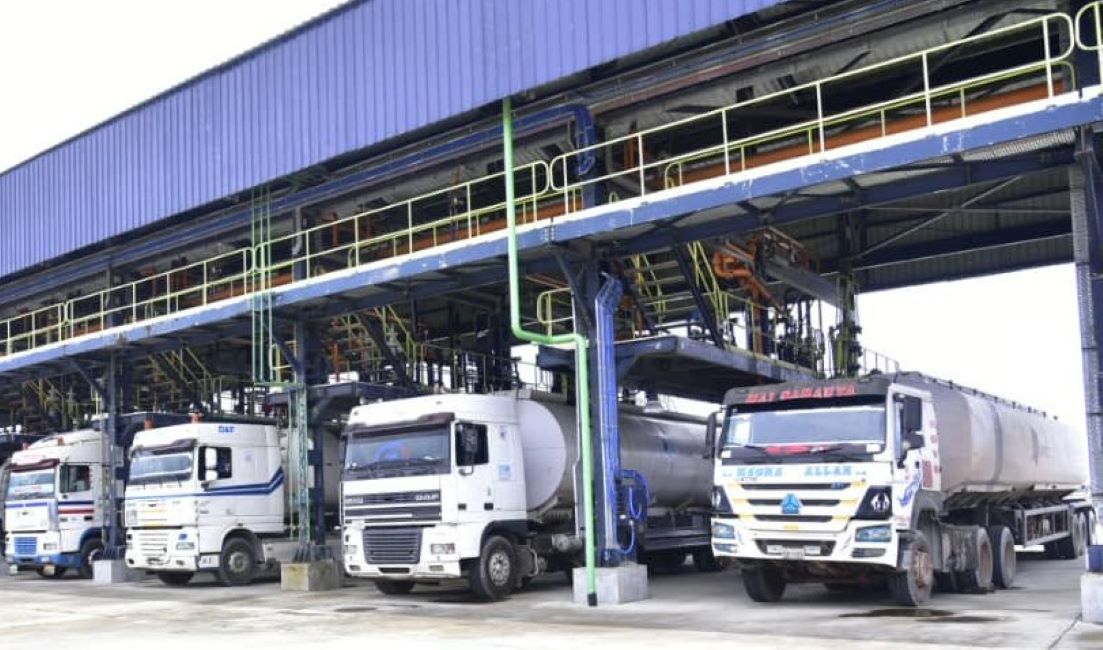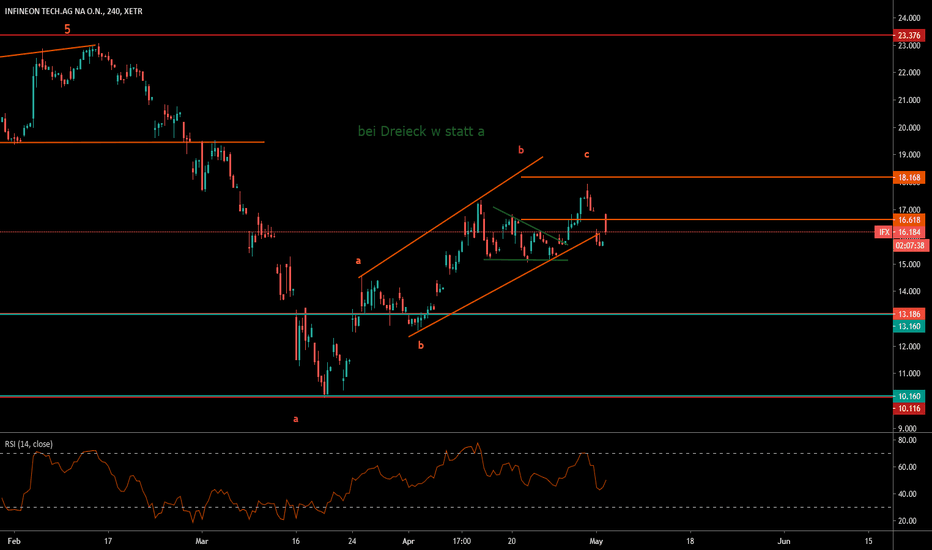Analysis Of Petrol Prices In Nigeria: The Influence Of Dangote And NNPC

Table of Contents
Nigeria's petrol prices have long been a rollercoaster, dramatically impacting the nation's economy and its citizens. The volatility stems from a complex interplay of factors, but two key players stand out: the Nigerian National Petroleum Corporation (NNPC) and the newly operational Dangote Refinery. This article analyzes the impact of both entities on Nigerian petrol prices, exploring their roles and the broader forces shaping this crucial market. We will examine the effects of fuel subsidies, oil importation, and the overall fuel price volatility within the Nigerian petroleum market.
The Role of NNPC in Determining Petrol Prices
The NNPC has historically held a dominant position in Nigeria's petroleum market, controlling a significant portion of fuel importation and distribution. Its pricing mechanisms, however, have often lacked transparency, leading to public criticism and concerns about potential inefficiencies. The NNPC's fuel subsidy regime, designed to mitigate the impact of fluctuating global crude oil prices on consumers, has had a profound but often unpredictable effect on petrol prices. This subsidy system, while intending to stabilize prices, has also been a source of considerable debate and financial strain on the government.
- NNPC's import dependency and its effect on price fluctuations: The corporation's reliance on imported petrol leaves Nigerian prices vulnerable to global market shifts and exchange rate variations.
- The influence of global crude oil prices on NNPC's pricing decisions: International crude oil price increases directly impact the cost of imported petrol, influencing NNPC's pricing choices.
- Criticism surrounding NNPC's pricing practices and calls for greater transparency: Lack of transparency in pricing strategies fuels accusations of inefficiency and unfair practices. Calls for more open and accountable pricing mechanisms are increasingly common.
The Potential Impact of Dangote Refinery on Petrol Prices
The commissioning of the Dangote Refinery, one of the world's largest, represents a potential game-changer for the Nigerian petroleum market. Its significant refining capacity promises to reduce Nigeria's dependence on imported petrol, potentially disrupting the existing market dynamics. This increased local refining capacity could lead to greater price competition, potentially benefiting consumers.
- Projected reduction in petrol prices due to increased local refining capacity: Increased domestic supply should theoretically lower prices by reducing reliance on expensive imports.
- Potential for price competition between Dangote and NNPC: The presence of a significant competitor could force NNPC to adjust its pricing strategies, potentially leading to more competitive prices.
- Challenges and uncertainties surrounding the Dangote refinery's full operational capacity: Reaching and maintaining full operational capacity is crucial to realizing the refinery's price-lowering potential.
Factors Beyond Dangote and NNPC Affecting Petrol Prices
While Dangote and NNPC are major players, other factors significantly influence Nigerian petrol prices. Global crude oil prices remain a primary driver, directly impacting the cost of imported refined products. Fluctuations in the Naira's exchange rate against the US dollar further complicate the issue, affecting the cost of imports and impacting final prices. Government policies, including taxes and levies, also play a crucial role.
- Impact of international oil market dynamics: Global supply and demand, geopolitical events, and OPEC decisions all influence crude oil prices, ultimately affecting Nigerian petrol prices.
- The Naira's value against the US dollar and its impact on petrol costs: A weaker Naira makes imports more expensive, leading to higher petrol prices.
- Government taxes and levies affecting final petrol prices: Various taxes and levies imposed by the Nigerian government contribute to the final price consumers pay at the pump.
Consumer Impact and Economic Implications
Fluctuations in petrol prices profoundly impact the cost of living in Nigeria. Transportation costs increase, affecting both individuals and businesses. The ripple effect extends to the prices of goods and services, contributing to inflation and impacting economic growth.
- Impact on transportation costs and commuting expenses: Higher petrol prices translate directly to increased transportation costs, affecting commuting, logistics, and the overall cost of doing business.
- Effect on the cost of goods and services (inflation): Increased transportation costs and production expenses contribute to higher prices for goods and services, fueling inflation.
- Influence on economic growth and development: High petrol prices can stifle economic activity, reducing consumer spending and investment.
Understanding the Dynamics of Petrol Prices in Nigeria
The influence of both Dangote Refinery and NNPC on Nigerian petrol prices is multifaceted and complex. NNPC's historical dominance and its current pricing mechanisms, coupled with the potential disruption offered by the Dangote Refinery, highlight the need for transparency and robust competition within the Nigerian petroleum market. Understanding these dynamics is crucial for both consumers and policymakers to create a fairer and more efficient fuel market. Stay informed about developments in the Nigerian petroleum sector and continue analyzing the impact of Dangote and NNPC on Nigerian petrol prices to advocate for a more stable and affordable fuel supply.

Featured Posts
-
 Credit Suisse Whistleblowers To Receive Up To 150 Million
May 10, 2025
Credit Suisse Whistleblowers To Receive Up To 150 Million
May 10, 2025 -
 Jeanine Pirros Dc Attorney Bid The Impact Of A Past Drunk Episode
May 10, 2025
Jeanine Pirros Dc Attorney Bid The Impact Of A Past Drunk Episode
May 10, 2025 -
 Broken Family Seeks Accountability After Racist Murder
May 10, 2025
Broken Family Seeks Accountability After Racist Murder
May 10, 2025 -
 Increased Disney Profit Parks And Streaming Remain Key Drivers
May 10, 2025
Increased Disney Profit Parks And Streaming Remain Key Drivers
May 10, 2025 -
 Infineon Ifx Stock Analyzing The Impact Of Missed Sales Guidance
May 10, 2025
Infineon Ifx Stock Analyzing The Impact Of Missed Sales Guidance
May 10, 2025
